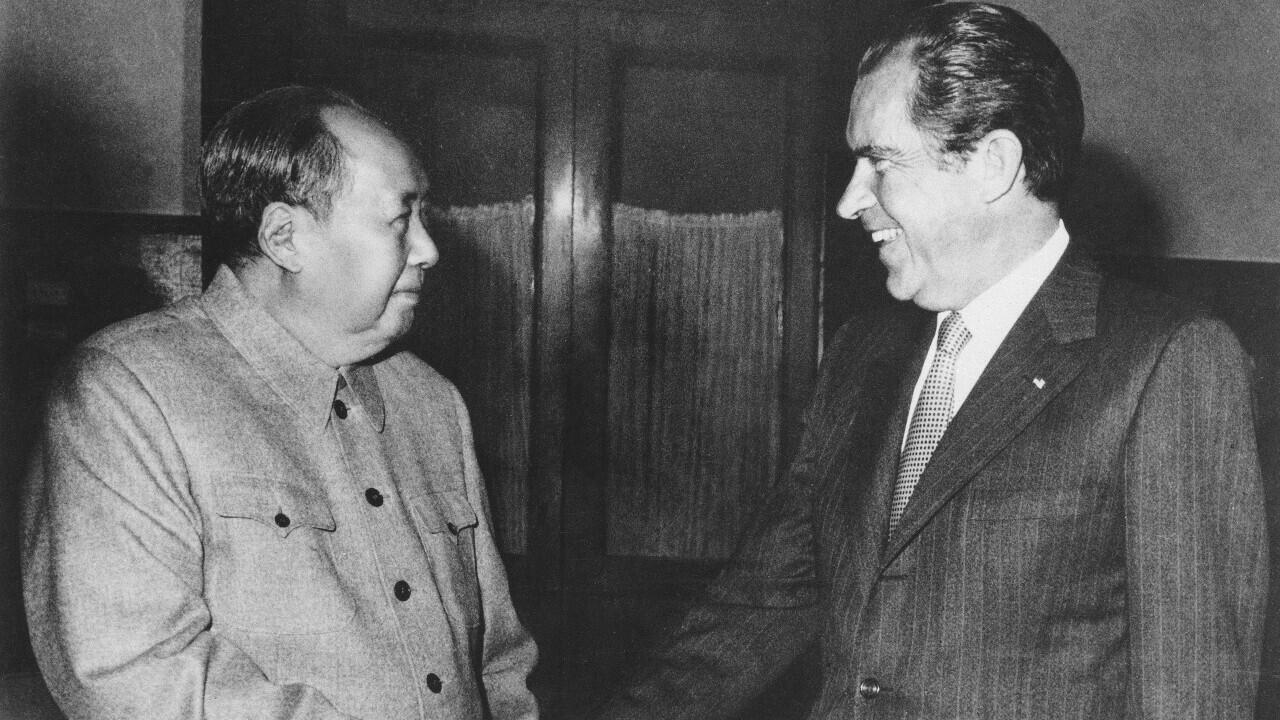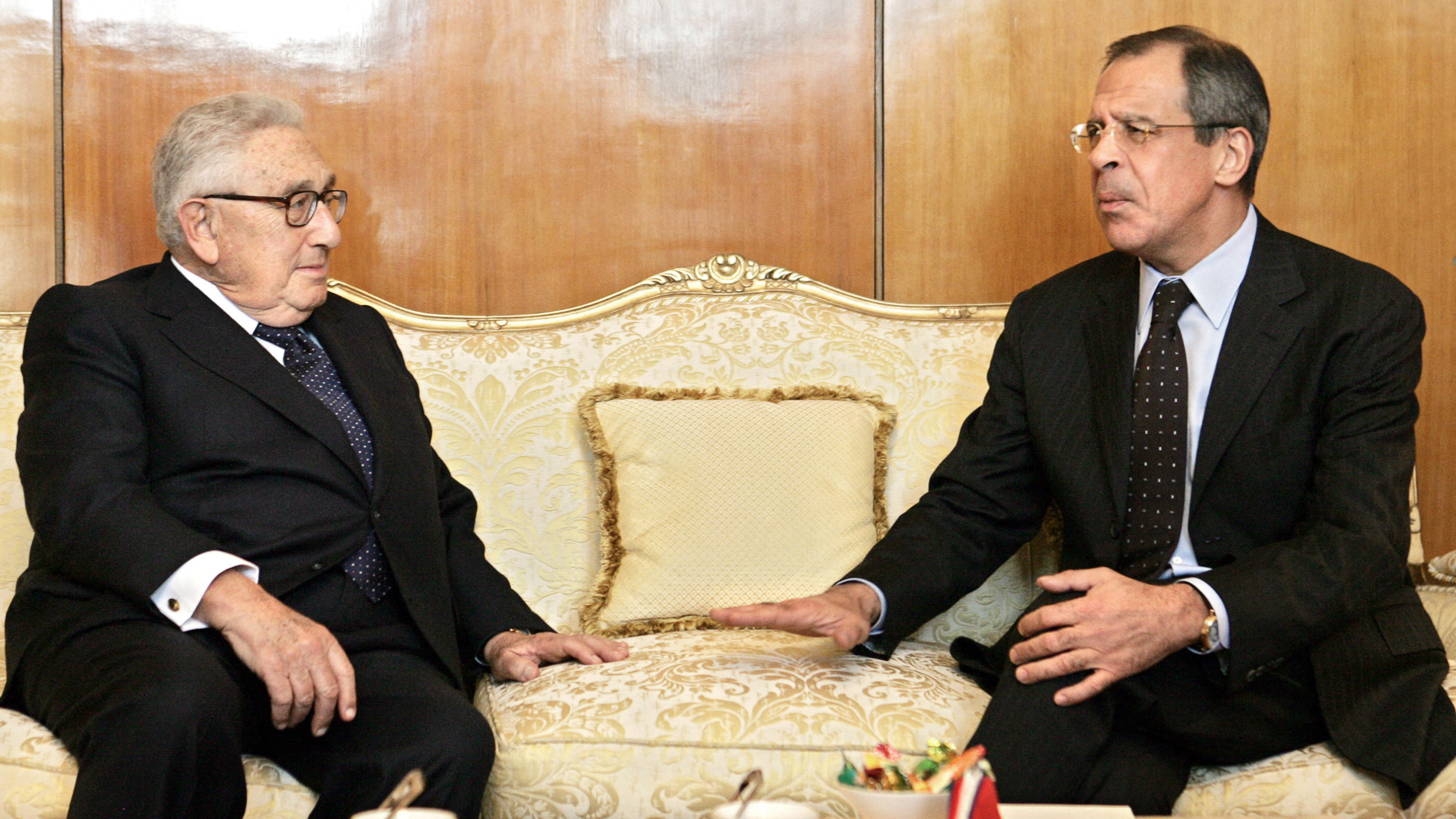The political engine of the period of détente with the Soviet Union, with a leading role in the end of the United States intervention in Vietnam, and even the Nobel Peace Prize, also carries a dark participation in dramatic and painful moments of other nations of America.
First modification: Last modification:
The man of ‘Realpolitik’ and winner of the Nobel Peace Prize for his role in ending the Vietnam War, who is still active in politics, is a controversial figure.
More since the The United States National Security Archive published a selection of declassified documents showing details of the role he played in the overthrow of the socialist government of Salvador Allende and military support in the dictatorship of Augusto Pinochet in Chile.
These show the transcripts of some secret conversations that were part of his time as US Secretary of State (1973-1977), and previously National Security Advisor (1969-1975), during the terms of Republicans Richard Nixon and Gerald Ford. .
Even about the special role in the coup against Salvador Allende in Chile in 1973, the New York Times published an investigation checking the Nixon administration’s involvement in the coup.
From Jewish refugee to diplomat
Heinz Alfred Kissinger was born on May 27, 1923 in Fürth, Germany. His family, Jewish, fled Nazism when he was still a teenager and arrived in New York.
He received US citizenship in 1943 and served in the US Army during World War II. After his military service, he entered Harvard University, where he received his BA, Ph.D., and became director of the Defense Studies Program for a few years.

ANDPresident Nixon appointed Kissinger as assistant for national security affairs. He later became head of the National Security Adviser (1969-75) and Secretary of State (1973-1977).
Under the Nixon administration, Kissinger managed to develop warmer relations with the Soviet Union. He allowed to negotiate the agreement on the SALT Strategic Weapons Limitation I in 1972 and achieved the first rapprochements with Chinese communism.
A controversial Nobel Peace Prize
Kissinger played a role in the civil war between North (communist) and South (US-supported) Vietnam. He worked for the withdrawal of US troops from South Vietnam and their replacement with South Vietnamese forces. In 1973 he finally They signed the Paris Peace Accords, which temporarily ended the Vietnam War.
For Kissinger’s role in these negotiations, he shared the 1973 Nobel Peace Prize with Le Duc Tho, one of the founders, with ho chi minh of the CPI (Indochinese Communist Party), but the latter refused the honor since the conflict continued in the country after the agreements.
Realpolitik and abandonment of moral values
When Kissinger worked in the White House, he implemented a policy called Realpolitik, focused on favoring American interests and power over ideological considerations.
“In a country that had lost its political and moral north due to the Vietnam War, Kissinger offered a clear and unequivocal message: morality is not made for international relations,” Mario del Pero, historian of Sciences, explained to Agencia EFE. Po in Paris.

Furthermore, Kissinger has been accused of engineering the US bombing of Cambodia in 1969.
In a recent interview with the US network CBS, he responded that the war criminal accusations “are a reflection of ignorance.”
Kissinger, at 100, continues to advise Republican and Democratic presidents, and even worked for the White House during the Trump administration.
With EFE, AP and local media



![[Img #74675]](https://thelatestnews.world/wp-content/uploads/2024/12/They-discover-a-new-class-of-X-ray-sources-in-the-150x150.jpg)










